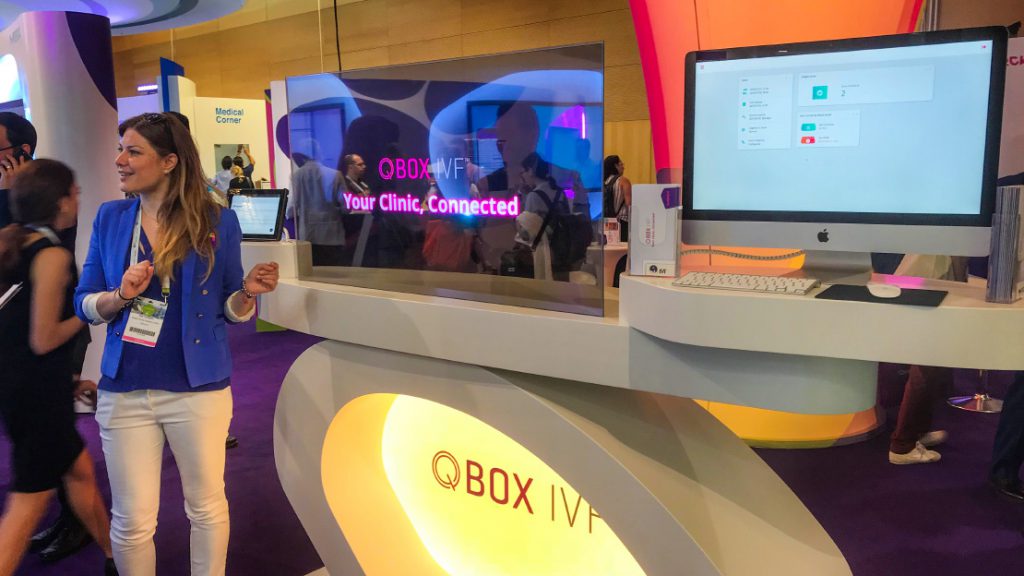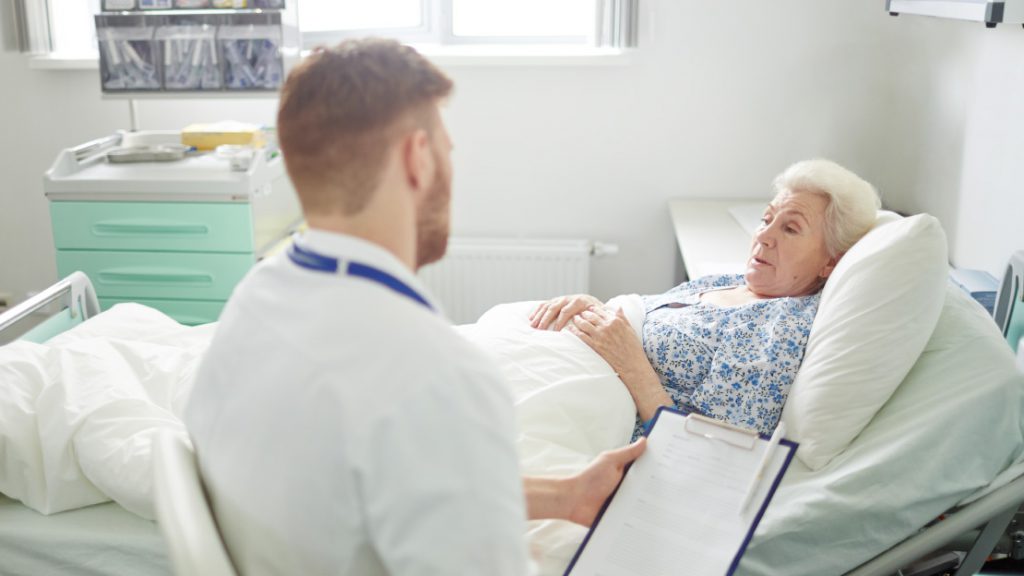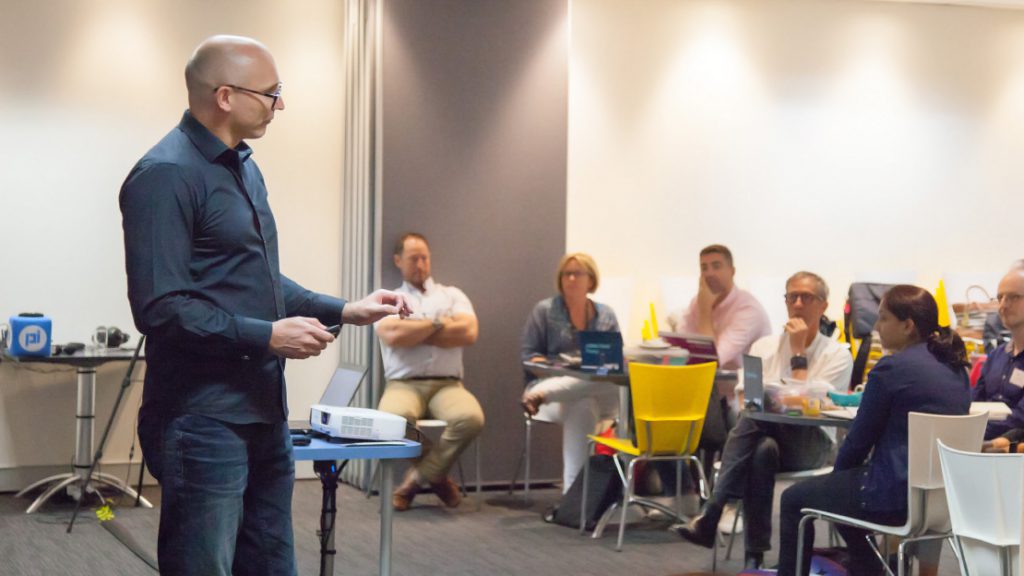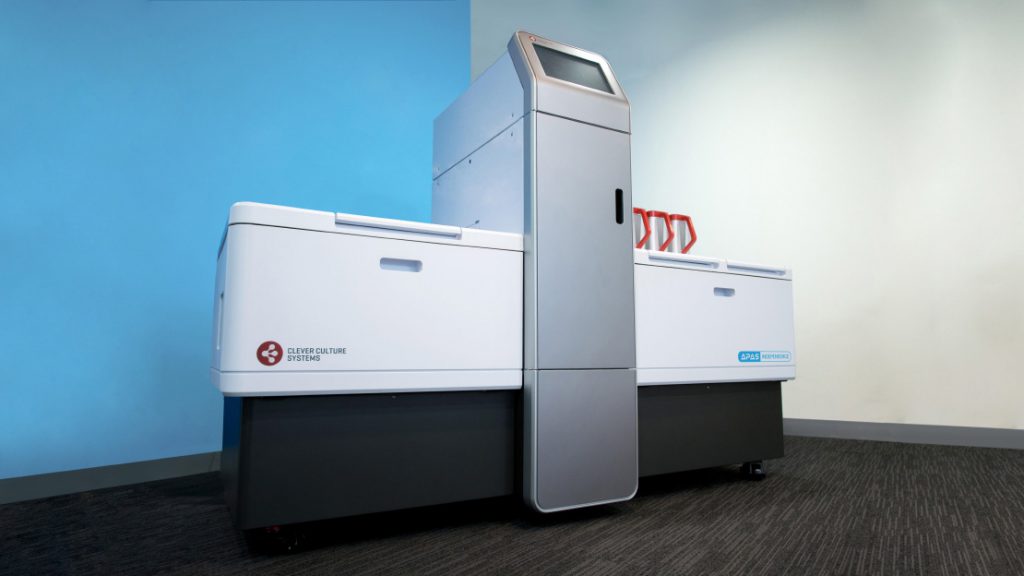
The AusBiotech National Conference, held in sunny Brisbane, brought together national and international leaders from across the life sciences industry. I took the opportunity to pop into a number of sessions on the growing AI and digital health sectors.
It was great to see such a focus on digital health as this is an area that PI and many of our clients are investing in. Our interests in this space are broad – including major laboratory machine learning with LBT Innovations and their joint venture Clever Culture Systems, embryo viability decision support in our IVF work, and our own activities in hospital and aged care monitoring with Vitalic Medical. The presentations and discussion at AusBiotech were equally broad, touching on everything from emerging technologies, to key players in the industry, to regulatory and privacy issues. Focusing on this growing healthcare segment helps to build the collective knowledge and understanding of global trends and issues, and create opportunities for collaboration across the sector.
During a panel discussion on digital health, Bronwyn Le Grice, Managing Director of ANDHealth, highlighted that the route to market for digital health products is just as rigorous as hardware-based medical devices. Digital health company Welldoc spent many years on research and clinical trials before launching Bluestar, an in-app coach for people living with type 2 diabetes. The app has received ISO 13485 certification and been classified by the US Federal Drug Administration (FDA) as a Class II Medical Device. Pear Therapeutics is another company leading the way in digital health treatments, having received FDA authorization for its prescription digital therapeutic reSET, which treats substance use disorder. The bottom line is that digital is not a fast path to market, particularly for FDA regulated products.
While I agree with Bronwyn that digital health product development is not a fast path to market, it does have some speed advantages in that it allows for rapid iteration during development. Building software is by no means a cheap or quick process, but it is generally easier to build and test a prototype than for a complex hardware product. At PI, we use an Agile approach in software development, which allows us to work closely with customers throughout the development process. During a recent formative trial for a healthcare app, our digital team was able to incorporate user feedback and iterate on the fly, so we could observe the changes in action during the same trial. This allowed us to accomplish a lot in a very short period of time, and means we can be fairly confident in the product’s effectiveness before going into a formal clinical trial.
AusBiotech and Johnson & Johnson Innovation Industry Excellence Awards
Every year, AusBiotech recognises people and companies making a significant contribution to biotechnology in Australia. This year, Medicines Development for Global Health won company of the year (an award that PI was honoured with in 2017). A worthy winner, Medicines Development for Global Health are dedicated to developing affordable medicines and vaccines that may have limited commercial opportunity, but which address important unmet medical needs.
Congratulations also goes to Dr Anna Lavelle, who won the Industry Leadership Award for dedication to the growth and expansion of the life sciences and medical technologies sector.
Emerging Company of the Year was jointly awarded to Telix Pharmaceuticals, a company that develops molecularly-targeted radiation (MTR) therapies, and Microba, a spin-out from the University of Queensland, which developed the first at-home fecal test to identify species level resolution of gut microbiome. Well done to both companies.








